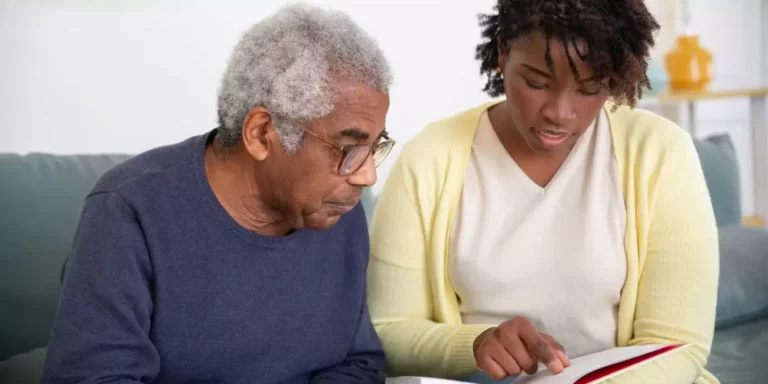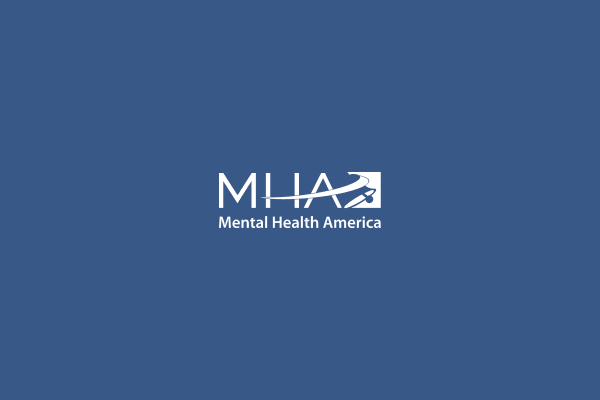In BIPOC communities, younger and older generations may hold different sets of cultural values and beliefs. While the mental health of individuals from different generations may be equally affected by racism and discrimination, they may face unique mental health challenges based on their age. Each age group also has their own unique wisdom to share when it comes to taking care of their own mental health and advocating for mental wellness in their communities.
Mental Health Challenges Across Generations
Younger people in BIPOC communities may face:
Assimilation difficulties
Young immigrants or children of immigrants may have difficulty assimilating to American culture. They may also be more likely to experience discrimination and isolation at school. These experiences can lead to increased feelings of isolation and make it more likely to develop a mental health condition.
Responsibilities and expectations
Younger generations may be responsible for translating for older family members, taking care of younger children, and/or working to help their family financially. Their parents may have high academic expectations of them because of all they sacrificed to create a life that offers more opportunity than in their native country. The combination of these stressors can impact mental health.
Discrimination
The racism BIPOC youth experience can have a negative and long-lasting impact on their mental health and development. This is especially true in schools, where BIPOC youth are more likely to be suspended than their white peers. This systemic racism younger generations experience at school leads to higher incarceration rates which negatively affects youth development. BIPOC youth may also experience cyber-racism, or race-related online bullying, which their elders likely will not experience.
Older members of BIPOC communities may face:
Generational trauma
Many older generations in BIPOC communities may have lived through forms of racial trauma such as segregation in the U.S., wars that caused them to flee their home countries, forced assimilation, etc. These painful experiences can cause symptoms of post-traumatic stress disorder (PTSD). Even if they did not live through this trauma themselves, the cumulative trauma their parents and ancestors experienced may also make older generations more vulnerable to depression.
Medical mistreatment
The medical field has a long history of mistreating people of color. As recent as the 20th century, Black men were subjected to non-consensual medical experimentation in the Tuskegee Study. Around the same time, Black, Native American, and Puerto Rican women were targeted for involuntary sterilization. Even today, Black people receiving medical care who express physical pain are often underestimated and undertreated. The history of medical mistreatment in the U.S. can lead older generations in BIPOC communities to be less trusting of the medical system. This can make it less likely that they would seek out support for their mental health from a medical professional.
Discrimination
BIPOC adults are more likely to face discrimination at work. In a recent study, one in four Black and Hispanic employees reported experiencing discrimination in their workplace. In addition to their mental health, this can have a negative impact on older generations’ financial well-being, leading to increased anxiety.
Sharing Generational Wisdom
If you are a part of the younger generation in BIPOC communities, you have your own strengths and knowledge to share when it comes to nurturing your own mental health and the mental health of your community.
Language fluency
Most psychologists in the U.S. speak exclusively in English and have only limited training when it comes to working with clients who speak other languages. There is a significant need for more therapists who speak languages other than English. But the language fluency of younger generations does make it easier for them to access mental health care and education. Their English language proficiency may make it easier for them to fill out forms, find a mental health provider, access health insurance, and support older generations if they decide to seek mental health treatment.
Digital skills
While people across generations can be familiar with how to access technology, it may come more naturally to younger people since they grew up online. Younger generations likely have a good handle on how to use different social media platforms. They also probably know how to access information via podcasts, webinars, blogs, etc. These digital skills are valuable when it comes to mental health education. It may also make it easier for younger generations to use online therapy services that may be more accessible for them. Their ability to find and share this information allows them to both care for their own mental health as well as the mental health of the people in their community.
Less stigma
Younger generations are often more used to talking about mental health openly. They may have been exposed to mental health education at school, online, or asked about symptoms of mental health conditions during appointments with their primary care doctor. Growing up in environments where mental health is discussed reduces shame and is an asset when it comes to caring for mental health at the personal and community levels. Sharing their experiences with their own mental health reduces the amount of stigma older family members may feel about theirs.
If you are a part of an older generation in BIPOC communities, your experience, cultural knowledge and wisdom are valuable to improving mental health for you and your community.
Traditional healing
Older generations often have a wealth of knowledge of traditional healing practices that have been passed down from their ancestors. These practices are rooted in a more holistic understanding of mental health that sees the mind, body, and spirit as interconnected. Some examples of these are: healing circles, smudging, sweat lodge rituals, or reiki. Elders have important cultural knowledge with significant mental health benefits to share with younger generations.
Collectivist perspectives
Older generations in BIPOC communities may be more likely to hold a collectivist worldview rather than an individualistic one. The idea that everyone is interdependent and interconnected allows for the creation of strong networks of support, which are especially important when it comes to mental health.
Life experience and family history
The life experience of older generations holds valuable lessons and storytelling can be a powerful tool to share with younger generations about how they navigated hard times. Older generations may also have known older relatives that younger generations have never met. They can pass down the wisdom they shared. Their knowledge of these older relatives also allows them to share information about their family’s mental health history. Because they know the experiences of their elders, older generations may be more easily able to spot predictors of mental health challenges in younger generations of their family.
Honoring the younger generation’s fresh perspectives and the older generation’s traditional wisdom allows BIPOC communities to develop strong and supportive communities. To strengthen these relationships, you can find ways to talk to your loved ones about your mental health and check-in on family and friends. You can also find resources and strategies to help if someone you care about needs support.


